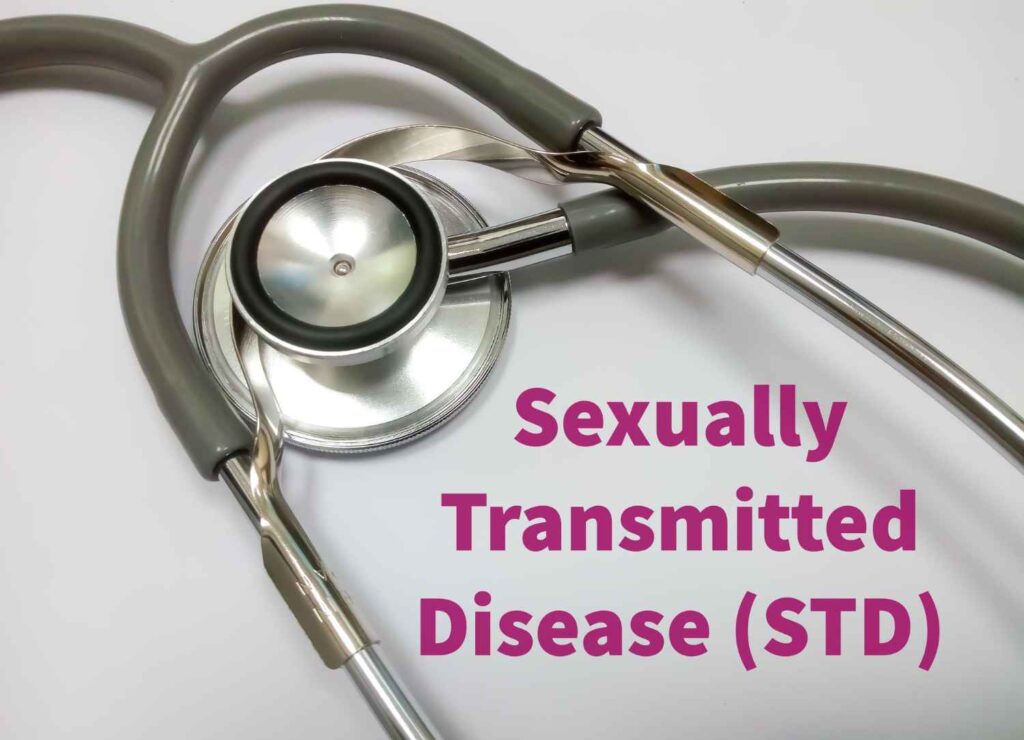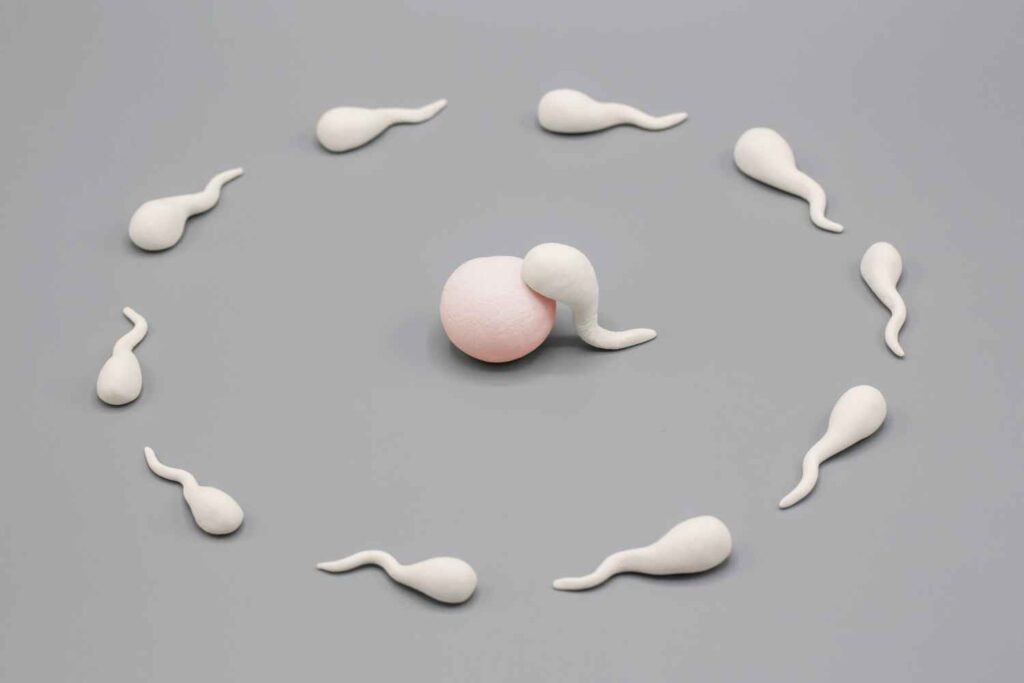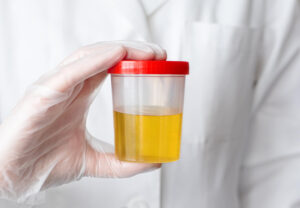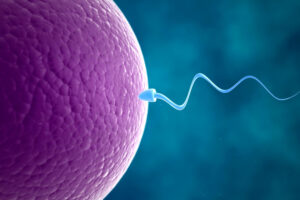Sperm health plays a vital role in male fertility, and any pain or discomfort during ejaculation should never be ignored. One such concern is sperm cramps—a term men often use to describe pain during or after ejaculation. While occasional mild discomfort may not be alarming, persistent sperm cramps are usually linked to underlying medical conditions, mainly sexually transmitted infections (STIs).
STIs like chlamydia, gonorrhea, syphilis, and human papillomavirus (HPV) are among the most common infections affecting men worldwide. These infections not only cause discomfort but can also lead to serious fertility challenges, sometimes leaving IVF or ICSI as the best treatment option for achieving pregnancy.
In this article, we’ll explore the connection between STIs, sperm cramps, and male infertility, and explain how IVF can help couples overcome these challenges.
What Are Sperm Cramps?
Sperm cramps refer to pain or discomfort that men feel during ejaculation or in the testicles after ejaculation. Some describe it as a sharp ache in the groin, pelvis, or testicles that comes and goes with orgasm.
While not a medical term, sperm cramps usually point to underlying issues such as:
- Infections (STIs, urinary tract infections, prostatitis)
- Blocked ejaculatory ducts
- Inflammation in the prostate or seminal vesicles
- Pelvic floor muscle tension
Among these causes, STIs remain a major contributor because they directly affect the male reproductive system.
How Do STIs Cause Sperm Cramps?
When a man contracts an STI, the infection can spread to different parts of the reproductive system, leading to inflammation, swelling, and scarring. This results in painful ejaculation (sperm cramps).
Common STIs That Cause Sperm Cramps
- Chlamydia
- Causes inflammation of the epididymis (epididymitis) and prostate.
- Leads to painful ejaculation and testicular cramps.
- It can block sperm transport, reducing fertility.
- Gonorrhea
- Affects the urethra, prostate, and seminal vesicles.
- Leads to burning sensation during ejaculation and sperm cramps.
- Long-term infection causes scarring that blocks sperm flow.
- Human Papillomavirus (HPV)
- Often silent, but can cause genital warts and urethral irritation.
- Chronic inflammation can damage sperm quality and lead to discomfort.
- Syphilis
- In advanced stages, it causes testicular pain, swelling and nerve-related cramps.
- It can directly impair sperm production.
- Herpes Simplex Virus (HSV)
- Leads to painful blisters in the genital region.
- Ejaculation can trigger cramps due to nerve irritation.

Symptoms to Watch For
If sperm cramps are linked to STIs, men may also experience:
- Painful urination (burning sensation)
- Unusual penile discharge
- Swelling or tenderness in the testicles
- Painful intercourse
- Blood in semen or urine
- Reduced semen volume
Ignoring these symptoms can worsen infections and cause permanent damage to sperm health.
Impact of STIs on Male Fertility
STIs don’t just cause discomfort—they can seriously harm a man’s ability to father children.
1. Reduced Sperm Count
Infections damage testicular tissue, reducing sperm production.
2. Poor Sperm Quality
Inflammation and oxidative stress from STIs lead to abnormal sperm shape and poor motility.
3. Blocked Ejaculatory Ducts
Scarring from infections blocks sperm pathways, causing pain and reducing the release of sperm.
4. DNA Damage in Sperm
Some STIs can fragment sperm DNA, reducing embryo quality in natural conception or IVF.
5. Erectile and Ejaculatory Dysfunction
Chronic infection and pain reduce sexual performance, indirectly affecting fertility.
When to Seek Medical Help
Men should consult a urologist or fertility specialist if they experience:
- Persistent sperm cramps or pelvic pain
- Painful ejaculation or urination
- Infertility despite regular unprotected intercourse for 6–12 months
- History of untreated STIs
Early treatment with antibiotics or antivirals can prevent long-term fertility damage.

IVF and STI-Related Infertility: How It Helps
Couples struggling with infertility due to STI-related sperm problems often turn to IVF (In Vitro Fertilisation) or ICSI (Intracytoplasmic Sperm Injection) for assistance.
1. Bypassing Blockages
If sperm ducts are blocked due to infection-related scarring, sperm can be retrieved directly from the testicles and injected into the egg (ICSI).
2. Overcoming Low Sperm Quality
Even if sperm count or motility is poor, IVF/ICSI ensures that healthy sperm are selected for fertilisation.
3. Managing DNA Fragmentation
Advanced sperm selection techniques in IVF labs reduce risks associated with sperm DNA damage.
4. Increased Pregnancy Success
For couples where STIs have affected natural conception, IVF significantly increases the chance of achieving pregnancy.
Preventing STIs and Protecting Fertility
Prevention is always better than treatment. Men can reduce their risk of sperm cramps and fertility issues by:
- Practising safe sex (condoms, limiting multiple partners)
- Getting regular STI screenings
- Treating infections early with prescribed medication
- Maintaining good genital hygiene
- Avoiding smoking, alcohol, and a poor diet, which worsen sperm quality
Conclusion
Sperm cramps may seem like a minor issue, but when linked to sexually transmitted infections (STIs), they can be a red flag for serious reproductive health problems. STIs not only cause discomfort during ejaculation but also lower sperm quality, reduce fertility, and sometimes lead to infertility.
For couples facing STI-related infertility, IVF and ICSI provide a robust solution by bypassing sperm issues and improving chances of conception.
If you or your partner is experiencing sperm cramps, painful ejaculation, or difficulty conceiving, consult a fertility specialist. Early diagnosis, proper treatment, and advanced fertility care like IVF can make the dream of parenthood possible.


